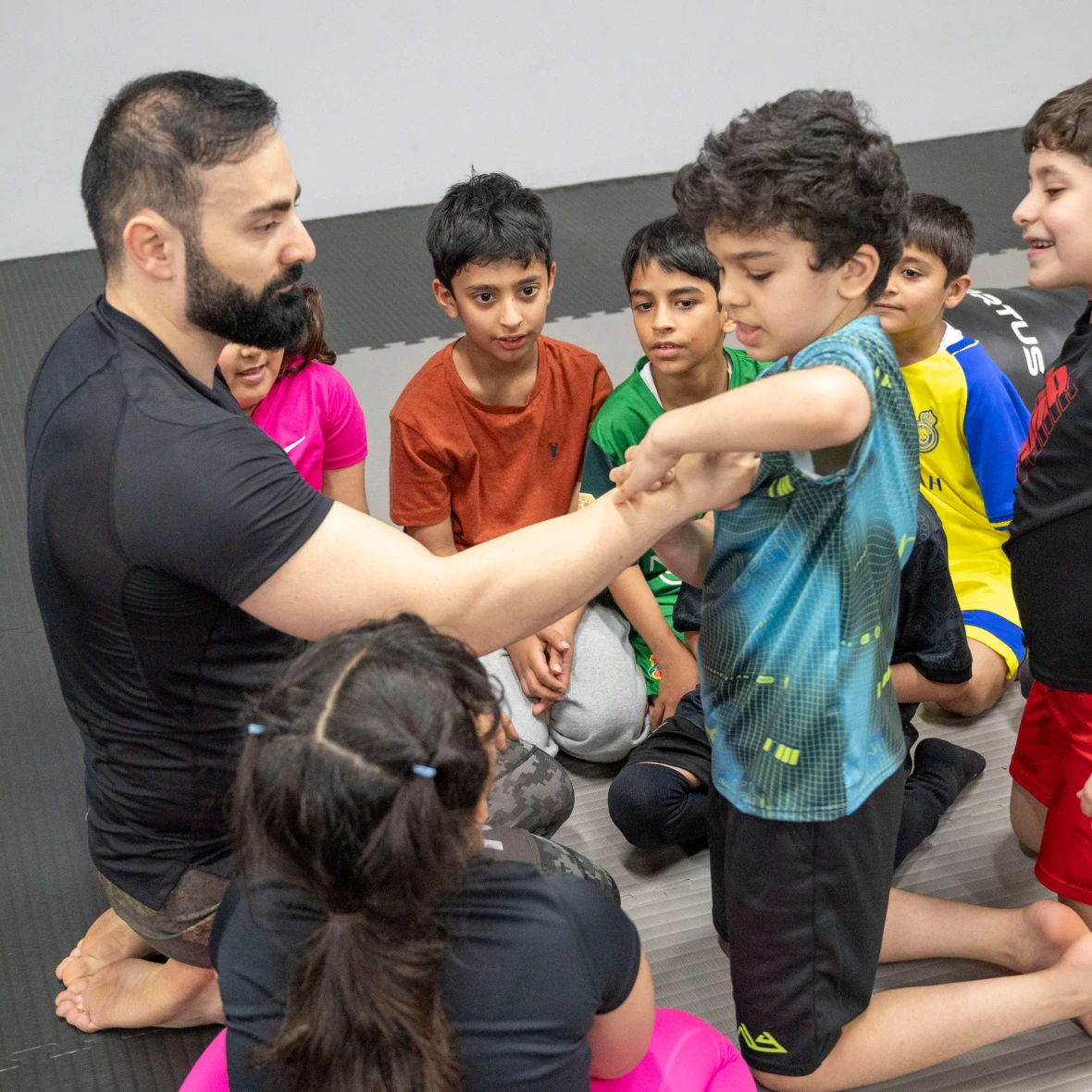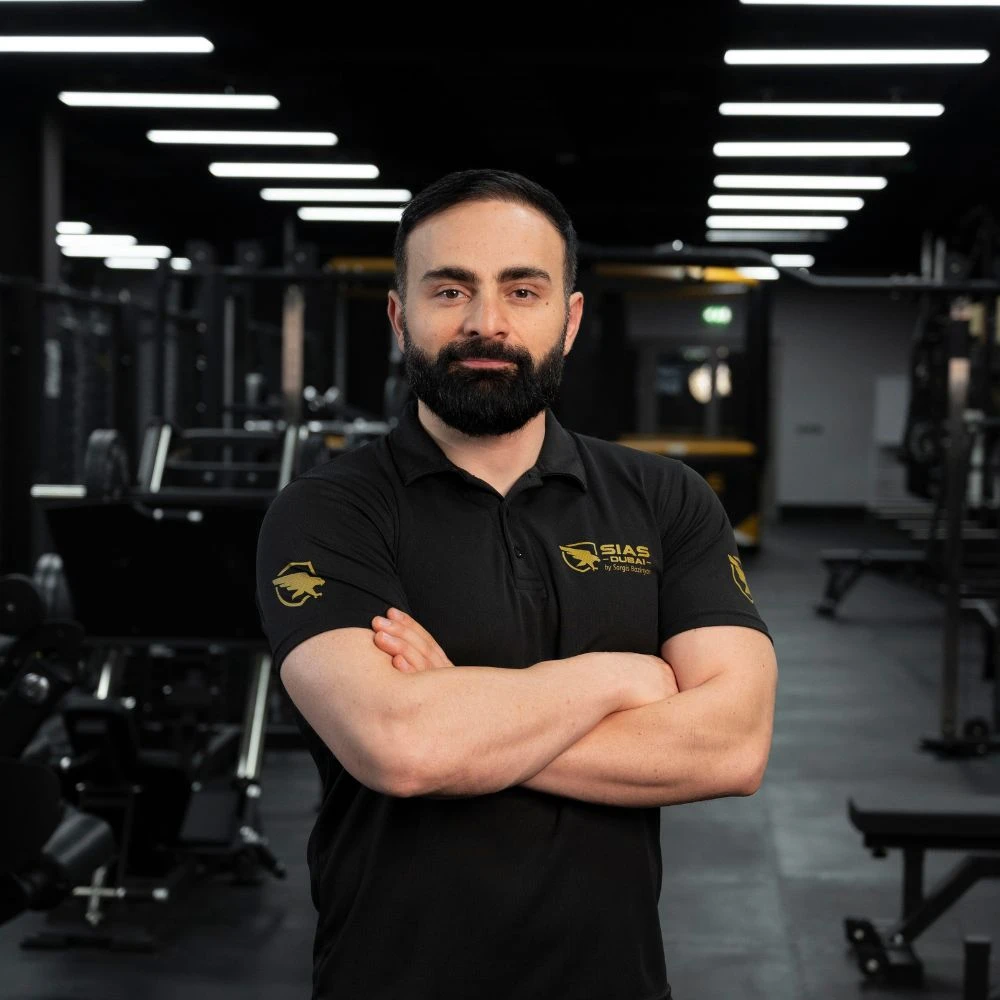In the modern world, knowing how to protect yourself has become extremely important. Whether for personal safety or self-confidence, self-defense skills are critical. However, to master these skills first you need to find the best self-defense instructor for your needs. The instructors provide individual guidance to help you develop the confidence and techniques to stay safe. This guide will help you understand how to choose the best self-defense instructor based on crucial factors like teaching style, experience, and training options.
Why Choosing the Right Self-Defense Instructor Matters?
Selecting the best self-defense instructor can significantly impact your learning experience. Besides professional self-defense techniques, a skilled self-defense instructor will also help you understand how to apply them effectively in real-life situations.
- Personalized Training and Skill Level Consideration
A great self-defense instructor will fit their training to your individual skill level. Whether you're a beginner or someone with experience, they should provide training that aligns with your abilities and goals. Personalized instruction ensures that you’re progressing at a good pace that is right for you while improving your confidence along the way.
- Instructor’s Experience and Certifications
While choosing an instructor, the qualifications and background of the instructor should first be considered. Look out for certifications from reputable organizations, along with specialized training in personal defense, martial arts, or law enforcement. Certification can give you a sense of security that the instructor is professional enough and he will teach you effectively and safely.
- Safety and Injury Prevention
Safety should always be one of the concerns in self-defense training. The best instructors will make it about not getting injured and how to defend yourself so that no one gets hurt, neither your attacker nor yourself. They should know what safe techniques are and how to adapt those for students according to their fitness levels and abilities.
Key Qualities to Look for in a Self-Defense Instructor

Before starting self-defense training, it is essential that the trainer provides instruction on relevant legal laws. This will help you understand where you can legally use your self-defense skills, to what extent, and the potential consequences of your actions. When selecting a self-defense instructor, consider the following important factors. These qualities will make it easier to learn while ensuring that an expert in his field provides top-notch training.
- Basic Law, Rights, and Responsibilities: A trainer should have a comprehensive understanding of the legal framework governing self-defense to ensure both effective and responsible instruction. This encompasses not only general knowledge concerning laws on self-defense but also comprehensive awareness of particular regulations applicable in various jurisdictions. Knowing when and how much force can be legally used in varied situations is so important in assuring that trainees are empowered to defend themselves without crossing over the line into illegality.
- Hand-to-Hand Combat: A skilled trainer should master both wrestling and striking techniques and possess the ability to effectively combine these disciplines depending on the specific situation. Mastery of wrestling techniques, such as takedowns, grappling, and submissions, provides a solid foundation for controlling opponents at close range and neutralizing threats through leverage, positioning, and physical restraint. On the other hand, striking techniques, including punches, kicks, elbows, and knees, enable the trainer to teach powerful offensive and defensive tactics for maintaining distance and delivering effective blows when needed.It is not just knowing these techniques that makes a great training session, but rather knowing how to integrate all these techniques seamlessly.
- Medical First Aid and Civil Defense: Knowledge of basic first aid and civil defense principles is crucial for ensuring the safety of trainees during training or in real-life situations.This is something the trainer not only has to know, but also has to teach participants. Adding simple first aid methods, such as cardiopulmonary resuscitation, wound treatment, and how to handle injuries or other medical emergencies-the trainer equips them with dealing quickly and efficiently in a life-threatening situation. By training on both first aid and civil defense, the trainer ensures that such participants will be in a position to protect themselves and others, particularly within the environment of training and real life.
- Conflict Management: A trainer needs to be aware of conflict theory and must possess skills and techniques in resolving conflicts, an art which would lower chances of further increase in the violence into argumentative or physical confrontation. It is the conflict theory: finding the origins of discord, whether social, emotional, or psychological. A study in conflict theory teaches to detect early signals in interaction patterns that might reveal a pending hostilities situation. Using appropriate communication techniques and strategies will defuse the situation.
- Communication Skills and Teaching Self-defense Style: A good self-defense instructor is the one who will explain in a manner so that it makes sense to you. This is important for the instructor to turn their teaching style towards your needs, as people differ in the way they learn best-visual, hands-on, and those to whom it needs to be explained. The better the communication, the better the understanding and the more effective the learning.
- Real-World Experience in Self-Defense: Real-world instructors, especially from law enforcement or martial arts competition backgrounds, bring a dimension of expertise far beyond theoretical to the class. Their foremost role is the preparation of students for real-life situations. Those with experiences in self-defense or confrontation are able to give insights that might be priceless. Instructors of this kind will offer bridges between what one reads in textbooks regarding techniques and their actual practice.
- Reputation and Testimonials: Check the instructor's reputation before committing. Positive reviews, testimonials, and word of mouth will give you some idea of the success rate, student satisfaction, and instructor effectiveness. A good reputation mostly reflects an instructor capable of relating well with his students and providing quality training.
Different Types of Self-Defense Training and Choosing the Right One
Self-defense training comes in various forms, and it’s important to find one that aligns with your goals and learning preferences.
Martial Arts vs. Practical Self-Defense
While looking for training, you're likely to find two categories: those based on martial arts and practical self-defense. Martial arts, such as karate or jiu-jitsu, focus on discipline and long-term skill development. Practical self-defense, on the other hand, emphasizes immediate techniques for real-world scenarios. Choose the option that suits you best, whether you want long-term martial arts expertise or practical, hands-on self-defense skills.
Group Classes vs. Private Training
Group classes also provide camaraderie and the chance to practice with different people, whereas private training provides personal attention and faster progress. Depending on your learning goals, style, and budget, reflect on which will be more effective for your self-defense journey: being in a group environment or one-on-one sessions.
Specialized Self-Defense for Different Groups
Some instructors specialize in teaching self-defense to particular groups, such as women, seniors, or children. If you belong to one such category which may have unique safety concerns, seek instructors who offer specific classes in that area. Such programs often address more relevant scenarios to specific groups, thus making the training quite practical and effective.
How to choose a Right Self-Defense Sport School: 10 Key Features
- Availability of educated and qualified self-defense trainers,
- Implementation of modern training programs according to age groups,
- Healthy and supportive environment,
- Availability of appropriate sports gear, gym equipment and infrastructure,
- Safety and cleanness,
- Implementation of long-term programs,
- Successes achieved on international platforms,
- Positive rating,
- Tempering of character and formation of value systems,
- Possibility of trial training.
Common Mistakes to Avoid When Choosing a Self-Defense Instructor
By avoiding the common mistakes, you will get your best instructor for your learning needs and have a good learning experience.
Prioritizing Cost Over Quality
While affordability is important, the cheapest may not provide high-quality training. Most instructors' experience and certification come at a price. Rather, invest in an instructor capable of imparting effective training rather than economizing on an instructor who has very limited expertise.
Ignoring Compatibility and Comfort
The rapport between you and your instructor will be important for your progress. Be comfortable with their teaching style and personality. An instructor who can put you at ease will definitely enhance your learning experience, and you will be able to focus a great deal on mastering the techniques.
Wrapping It Up
Finding the best self-defense instructor is essential for getting the most out of your training. You can make an informed decision by considering factors like the instructor's experience, teaching style, and reputation. Remember to evaluate different training options, attend trial courses, and ask the right questions to ensure you've chosen an expert to guide you on your self-defense journey. With the right instructor, whether you're training in SIAS Dubai or another place, you'll gain valuable self-defense skills and the confidence to protect yourself in real-world situations.

Author Bio: Sargis Bazinyan is a self-defense expert with 15+ years of experience. As a kickboxing champion and Founder of Krav Maga Armenia, SIAS Academy, and the Grappling Federation of Armenia, he leads elite training in Yerevan and Dubai.
Sign Up for Classes Now!
If you're eager to join the millions of MMA enthusiasts worldwide and explore one of the most popular sports globally, don't hesitate to sign up for classes today! You can easily do it by filling out the "Contact Us" form on our website or by contacting us via email at info@sias-dubai.com.

